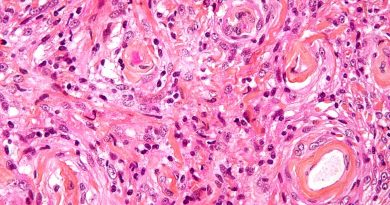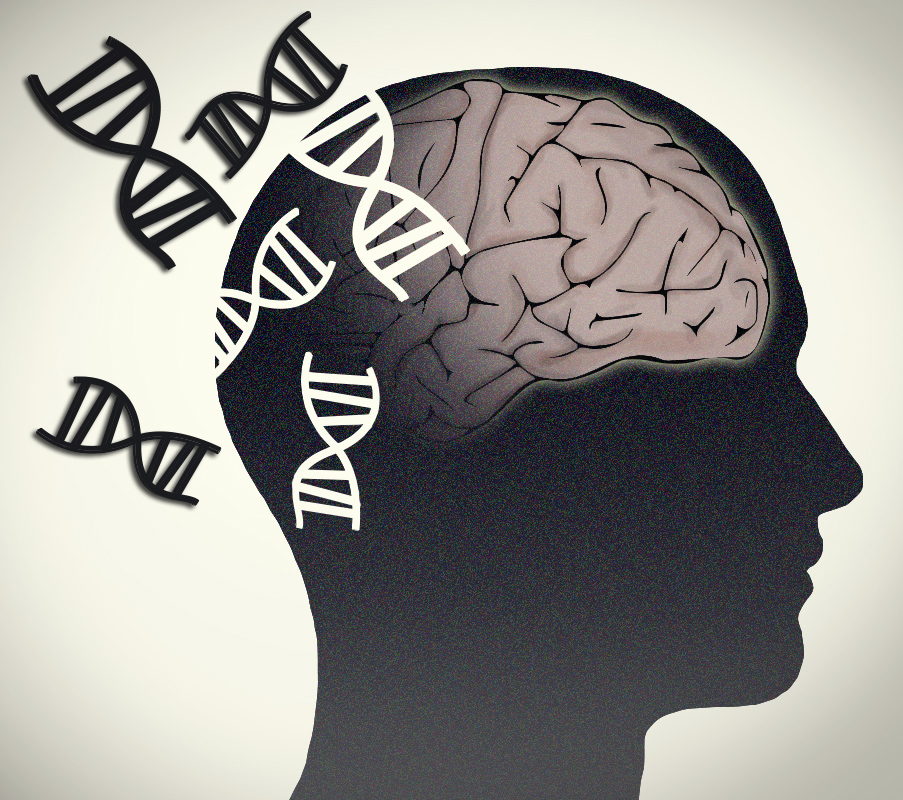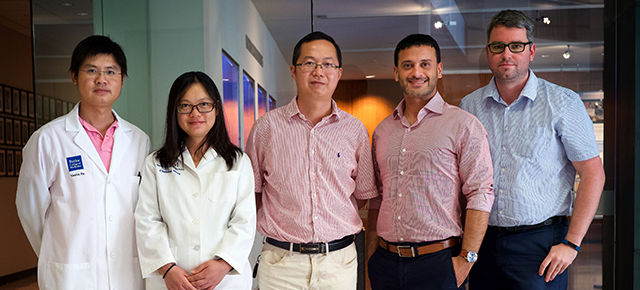Rett patients receive a new gene therapy treatment at Texas Children’s Hospital and Baylor College of Medicine
Researchers at Baylor College of Medicine and Texas Children’s Hospital are the first to deliver a novel gene therapy to treat Rett syndrome in pediatric patients. Two female patients with Rett syndrome were the first children worldwide to receive this promising treatment.

This exciting milestone is part of an ongoing first-in-human Phase I/II trial of a new investigational gene therapy, NGN-401, conducted by Neurogene Inc., a clinical-stage company founded to bring life-changing genetic medicines to patients and families affected by rare neurological diseases. Texas Children’s is currently the first clinical trial site to recruit and dose patients in the U.S. for this multicenter study.
Rett syndrome is a rare neurodevelopmental disorder that primarily affects girls, most of whom develop normally until 6-18 months of age when they begin to experience progressive regression in acquired motor and verbal skills and develop constant hand-wringing behavior. Eventually, this condition causes severe impairments that affect nearly every aspect of their daily lives, including their ability to speak, walk, eat and breathe.

In 1999, a team led by Dr. Huda Zoghbi, a distinguished service professor at Baylor, founding director of the Jan and Dan Duncan Neurological Research Institute (Duncan NRI) at Texas Children’s and Howard Hughes Medical Institute investigator, made the transformational discovery that mutations in methyl cytosine binding protein 2 (MECP2) gene causes Rett syndrome.

It is, therefore, particularly momentous that 25 years following that discovery, the first gene therapy trial for Rett syndrome is now underway in the same site under the guidance of Dr. Bernhard Suter, associate professor of pediatrics-neurology at Baylor and medical director of the Blue Bird Circle Rett Center at Texas Children’s.

Subsequent preclinical studies by Zoghbi’s team revealed that too much MeCP2 protein also results in progressive neurological dysfunction in mice, and studies by KU Leuven’s Dr. Hilde Van Esch and team, led to the identification of MECP2 duplication syndrome in humans. Since too little MECP2 causes Rett syndrome and too much of it can cause MECP2 duplication syndrome, it is critical that any therapeutic strategy that targets MECP2 must provide just the right amount of MECP2 protein to improve clinical outcomes and avoid toxicity.
Presently, only one specific treatment exists for Rett syndrome, and that drug does not correct the root cause of the disease, which is the loss or alteration of MECP2. There is, therefore, a significant unmet need to develop better treatments for this devastating condition.
“While gene therapy has proven to be a powerful tool in the treatment arsenal for a number of devastating genetic conditions, the highly variable transgene expression associated with conventional gene therapies has limited its application in many complex neurological disorders, especially Rett syndrome in which MECP2 transgene overexpression is toxic,” said Suter, principal investigator of this Phase I/II clinical trial.

To address these issues, NGN-401 was purposefully designed to maximize the therapeutic activity while averting toxicities due to transgene overexpression. It is administered as a one-time treatment via the intracerebroventricular route, which has been shown to maximize the delivery of the therapeutic MECP2 gene to key areas of the brain implicated in Rett syndrome. Dr. Daniel Curry, professor of neurosurgery and surgery at Baylor and director of Functional Neurosurgery and Epilepsy Surgery at Texas Children’s, performed the procedure to administer the gene therapy.
This gene therapy trial is an exciting step forward in finding an effective treatment for this difficult-to-treat genetic condition,” Zoghbi said.

Based on the first two treatment recipients, NGN-401 has no serious side effects to date. “We are encouraged by the tolerability profile observed in our first two pediatric patients, and look forward to collecting sufficient follow-up data on a larger number of patients to inform the therapeutic potential of NGN-401, which we believe could serve as a best-in-class therapy,” Dr. Rachel McMinn, founder and chief executive officer of Neurogene, said.
The doctors in the Blue Bird Rett Center are hopeful that this treatment will fundamentally change the therapeutic landscape for these patients. “All of us at Baylor and Texas Children’s are very grateful to all Rett patients and their families whose resilience, courage, and support drive our research efforts and inspire us,” Zoghbi said.
For more information, see Neurogene’s news release.



